What's the best career for you?
Discover the three-stone formula for making good career decisions, in this book.
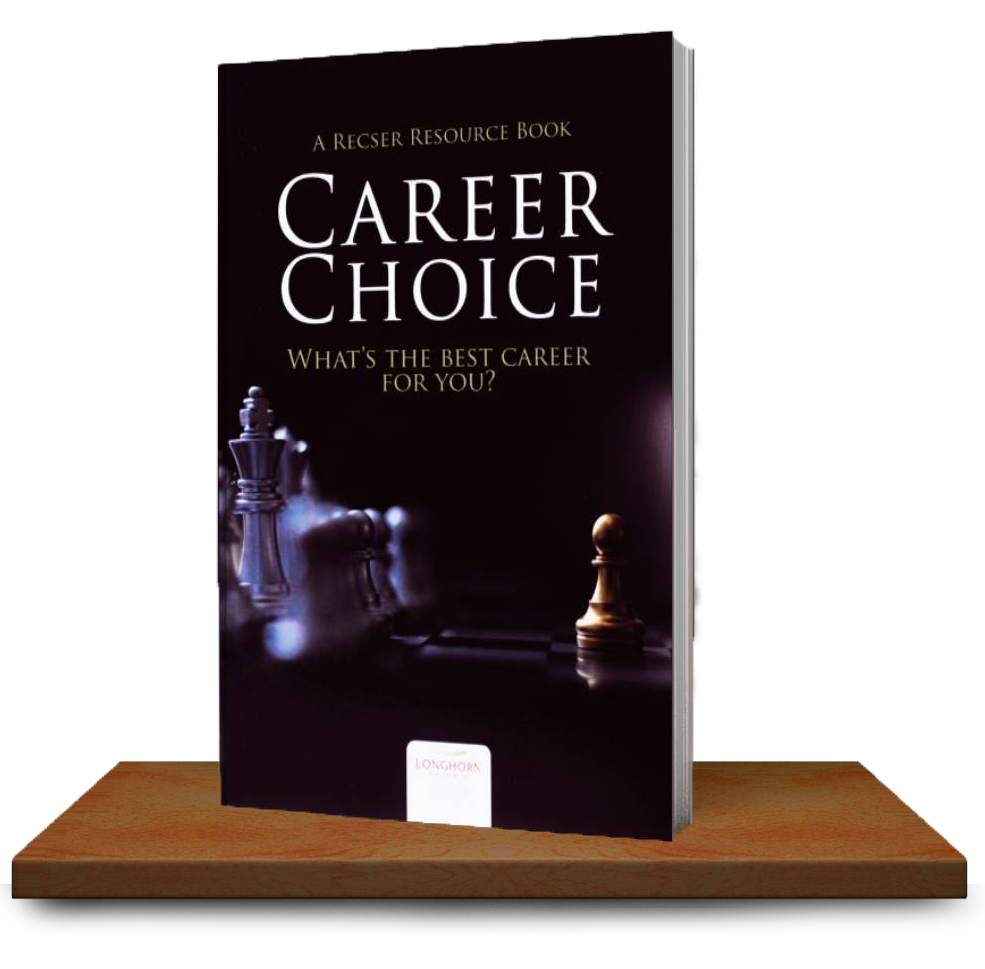
The perfect gift
About the book
Choosing a career is one of the big decisions that will likely impact your entire life.
You may not have the information or guidance you need to make wise career decisions. May be your school does not have a career guidance counselor. You may resort to peers and family for career advice. You may end up taking the course suggested to you during college selection even if you don’t like it. How can you navigate through the career decision process and come out with the right choice?
The authors of this book have utilized their expertise and experience in different fields to guide you on your career journey. This book is a useful “Career Coach” that will guide, inspire, and encourage you to make a wise career decision that will lead you to greater fulfillment in life.
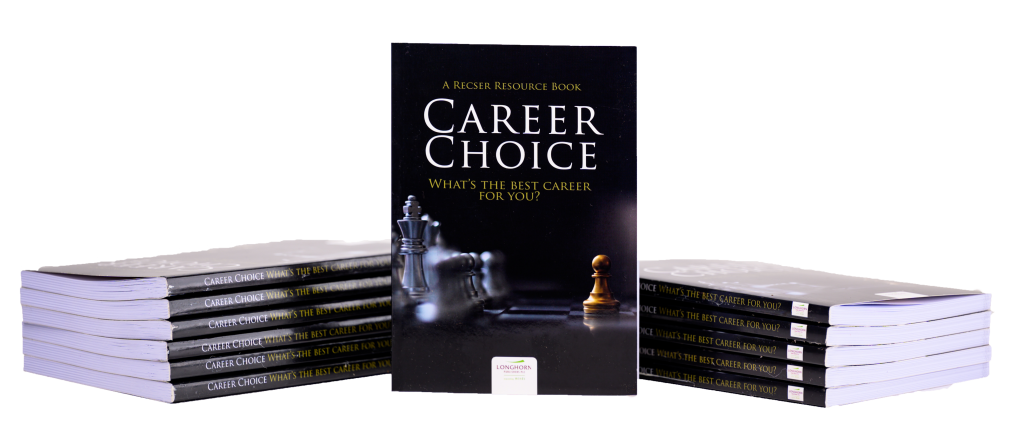
What's Inside?
Chapters

Do you have career dreams? Do you believe that you can achieve your dreams? As the famous Kenyan actress and author Lupita Nyong’o put it, your dreams are valid, no matter where you come from.
In chapter 1, Ernest from Botswana gets inspired to pursue his dreams after watching a roadshow performance in Gaborone. He unleashes his dreams by catapulting himself into a performing arts career, overcoming challenges at school and home.
What is the recipe for unleashing your dreams? The recipe has three ingredients. First, believe in yourself. Second, learn about yourself from your hobbies, interests, and personality; thirdly, master the power of imagination and determination as wings for your dreams?
The chapter introduces three guiding principles of finding career fulfilment. These principles are career personality, the market reality, and skills development. At the end of the chapter, you will find the dream canvas that will provoke your thoughts and challenge you to begin getting a grip on your career.
Have you ever been between a rock and a hard place? In chapter 2, Zeinaba from Ethiopia found herself in such a place! Her father lost his job. They moved from town to the village. She could not pursue her dream career in journalism – they could not even afford it.
One day, Zeinaba poured out her heart to her aunt, who listened attentively. From that conversation and guidance from her teachers, she realized she had other skills that she had not discovered. Her worldview started to broaden.
Just like Zeinaba, you have career dreams. But influence from family circumstances may push you to consider other options. How do you navigate such forces? The chapter will reveal to you six traps that lead to poor career choices and how to escape. You will also learn about the impact of making the wrong career choice – not to scare you – but to inspire you to do whatever it takes to pursue your dreams or course correct if you made a wrong choice!
The chapter ends with great exercises to help you master the art of navigating through the various career traps that can ruin your career dreams.
Have you heard the saying that ‘too many cooks spoil the broth’? Well, your career is the broth! How many cooks are helping your career broth? Are you listening to all of them and doing everything they say? Be careful. You might end up with something that has an awful taste that you cannot eat or drink.
What is the secret to ‘cooking the right career broth for yourself when you have cooks such as parents, teachers, and peers telling you what recipe to use? It is not a bad thing to have many cooks. What is terrible is failing to subject their advice to rational thinking by yourself!
In chapter 3, Amani from Kenya struggles with the problem of too many cooks helping her make her career broth. She finds relief when her teacher helps her think about her passions and the types of problems she likes to solve. She escapes the tyranny of pursuing engineering out of pressure and settles for a hospitality course closer to her interests.
The chapter will enable you to master four principles to navigate the career advice you receive from people around you and manage any conflicts or arguments. You will learn a new Career Advice Test (CAT) to test the advice – to know good advice from bad advice.
The chapter offers a good dose of advice to parents and teachers on how to help you cook a delicious career broth. At the end of the chapter, you will find practical exercises – Pathfinders – to help you decisively chart your career path.
What if there was a formula to guide you in making the right career decision? If there was, you can figure out your career path by learning the principles or variables of this formula. Such a formula would spare you the agony of learning from your mistakes.
The good news is – there is such a formula! It is called The Recser Career Choice Formula. The formula is inspired by the three cooking stones used in Africa to balance cooking pots on fire. As the chapter reveals, the trick is in the balance! The three stones give the pot containing delicious food balance. The food does not spill over.
Similarly, you can use the Recser Career Choice Formula to discover and pursue your career path. The formula has three principles. They are:
- Career Personality
- Market Reality
- Skills Development
Think of the Recser Career Choice Formula like a map. Where do you want to go career-wise? Where do you hope to be in the next three years? This formula will guide you to achieve your career dreams. You can use the formula to guide you in:
Identifying your career personality traits.
Assessing the market reality of your preferred career path.
Developing relevant skills for your career path.
As William Shakespeare once said, “To thine own self be true.” Never tell yourself lies about yourself.
In chapter 5, Ogbonna is getting pushed to pursue accounting by his dad. He loves to make sculptures with his carving knife. Conversations with his uncle and a tourist inspire him to decide to pursue a career aligned with his creativity boldly.
Ogbonna embraced his career personality that includes creativity. Your career personality is the set of traits that make you succeed in a particular career. Knowing your career personality is like anchoring a boat in rough waters.
You will find a fantastic exercise to enable you to discover your career personality traits and use the wisdom to find your dream career.
Esi and Akuba meet to review life many years after school. Akuba is a successful journalist at a radio station – a career built out of a blog she started while still in college. On the other hand, Esi pursued a career as an actress without much success. As they catch up, it emerges that there are many ways for one to apply the skills they learned in college, by being on the leading edge of information in a given field of interest – in the new emerging world.
Have you learned about the evolution of species in biology class? In 1859, Charles Darwin proposed the theory of evolution. His idea that man evolved from ape-like creatures stirred up a lot of debate within the Church of England. “It is not the strongest of the species that survives, nor the most intelligent that survives. It is the one that is the most adaptable to change.” – he said.
This is one of Charles Darwin’s famous quotes. This quote illustrates a concept called ‘survival of the fittest. In this case, the word ‘fittest’ does not mean ‘strong’ or ‘more physically capable’; instead, it refers to a flexible, adjustable, or versatile species. As the human race evolves, so do careers, occupations, and the general job market.
The chapter describes four factors, including technology, that shape the future of jobs. You will learn how to improve your future career prospects by understanding how each factor can make the demand for the skills you have go up or down. The chapter gives examples of careers that will likely be dead by 2030 and those likely to be alive. You don’t want to get yourself into a dying career. The chapter ends by engaging you in exercises that enable you to future-proof your career.
Kawira is a Grade A student when she joins Maarifa Girls’ Secondary School. She is hard-working and popular – and a member of the debating club. During her second year, she becomes class prefect and dorm captain, a vote of confidence in her excellent leadership skills. She hopes to pursue a course related to her strengths in maths.
Unfortunately, she falls into bad company, which leads her to get pregnant. She drops out of school. Her future dreams seem shattered as even her father threatens to disown her. But through sheer resilience, she finds a way to get back on track! She goes on to attain her career goals by sharpening her hard and soft skills – combining her strengths in maths and interpersonal skills.
The chapter highlights the importance of developing hard and soft skills to survive in today’s and future job markets. You will learn how to develop soft skills, to get an edge in today’s highly competitive jobs market. The chapter will enable you to create a personal roadmap to achieve your dream career by connecting your skills development journey with your career personality.
Daliso is a high school student. He wants to become an engineer. Unfortunately, his family cannot afford the university fees. Instead, he opts for a job at a construction site to learn first-hand about his desired career. His mentor pushed him to succeed by inspiring him about the opportunities he applies for.
This chapter explores the importance of having a career coach or mentor to challenge and support you achieve your career potential. You will learn how to find a good coach or mentor.
This chapter also highlights the significance of job internships and volunteering in career development.
How can career mentorship and coaching enable you to achieve your career dreams? How can you find a mentor or coach?
The College selection process is a delicate stage for students. Even though Wambui does not enjoy school, she is an active member of the Model UN club at school. This club allows her to form the correct networks for college selection.
This chapter offers tips for selecting a suitable college that offers courses and skills that are genuinely relevant to your career dreams. The chapter shares insights on what to consider when thinking through your career choices, including what college to choose and how it will shape your future.
At the end of the chapter, you will find a practical exercise to help you discover your ideal college.
A team effort
Authors
The authors of this book have utilized their expertise and experience in different fields to guide youth in Africa on their career journey.
Purchase Now
Contact Us
Address
Nairobi, Kenya
Phone
+254 115 155 551
connect@coachlinks.com
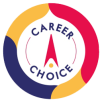
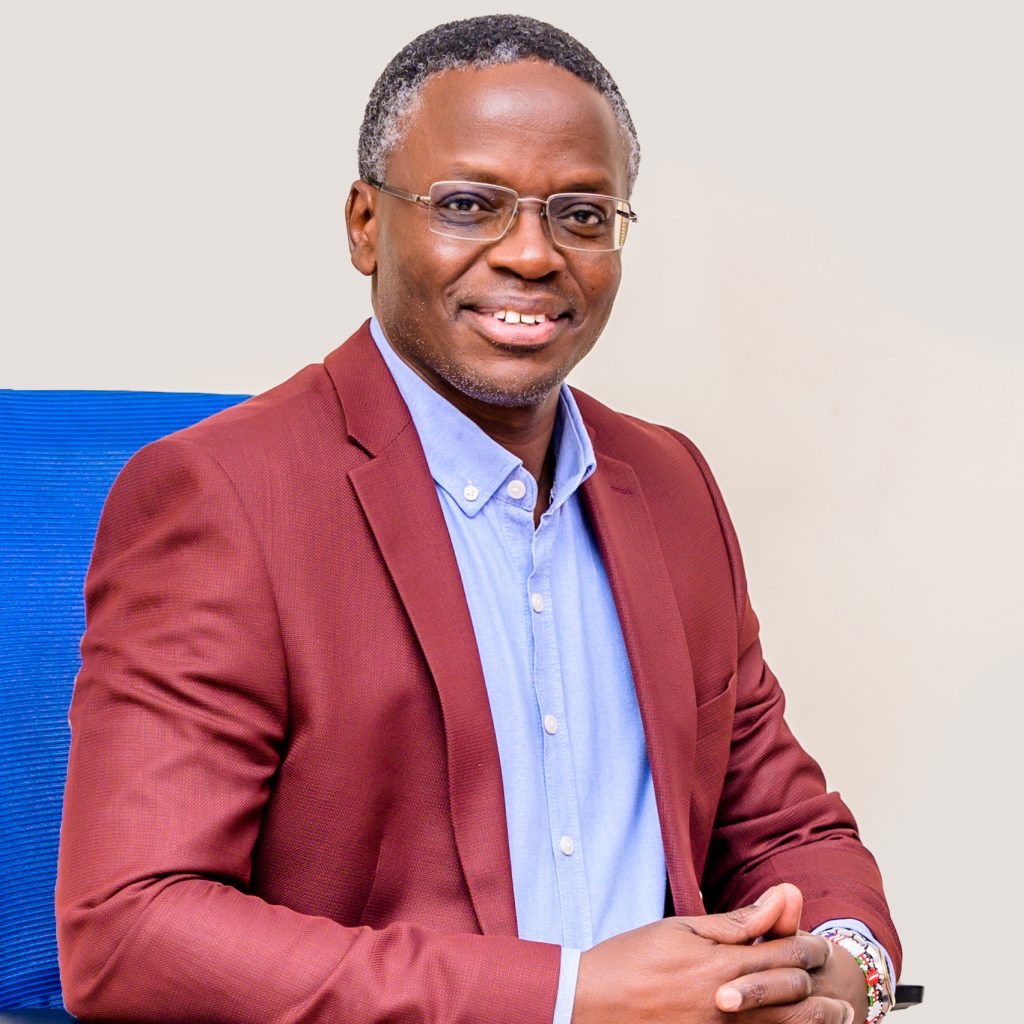
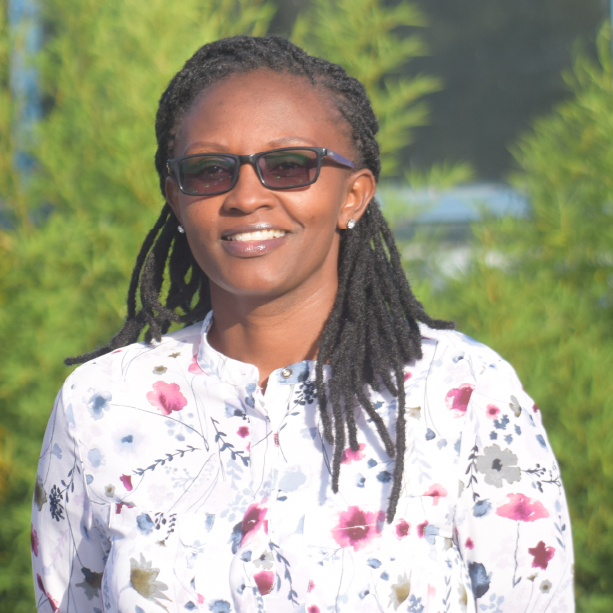
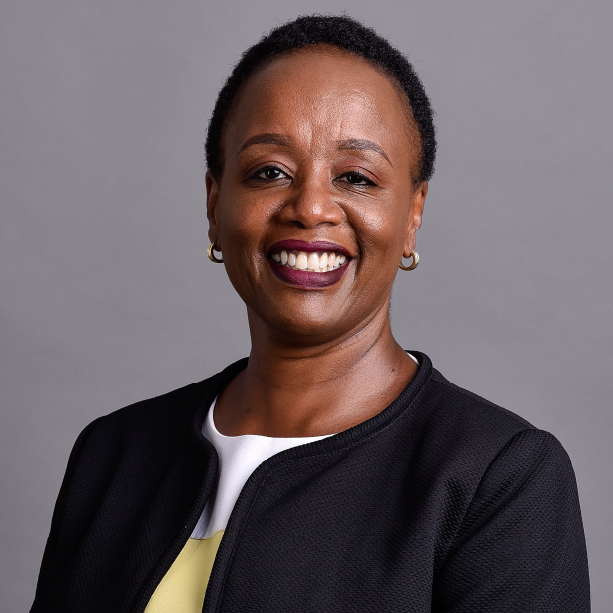
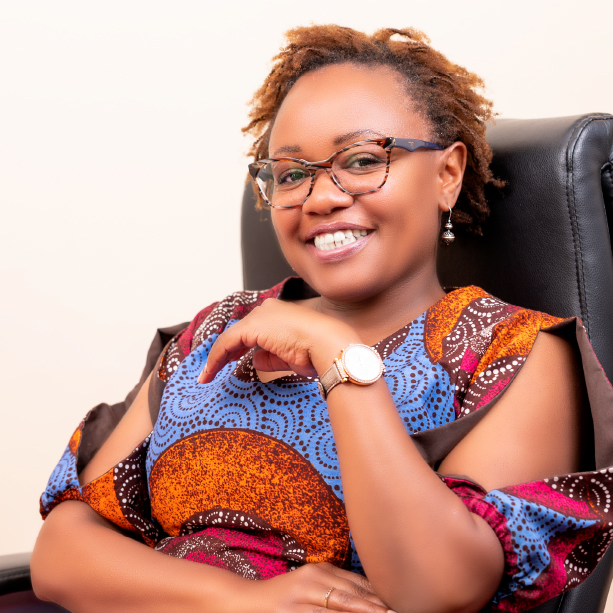
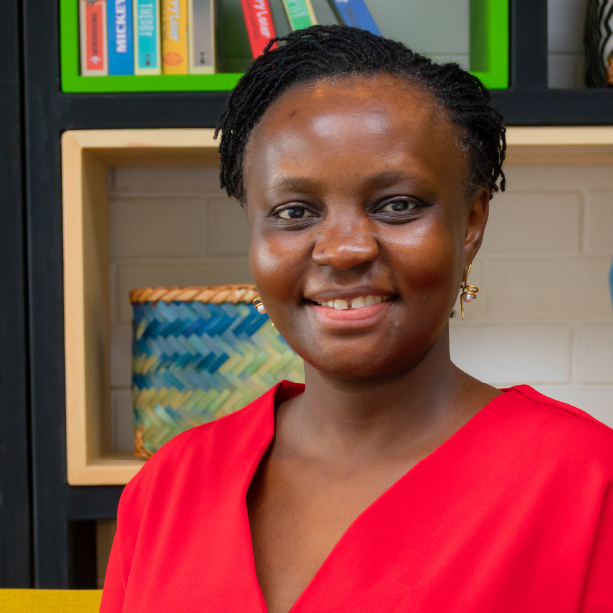
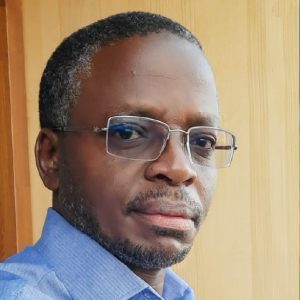
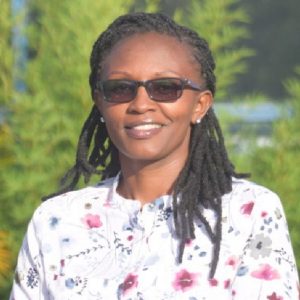 Sophie Ndungi-Mwangi
Sophie Ndungi-Mwangi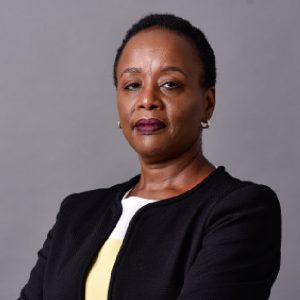
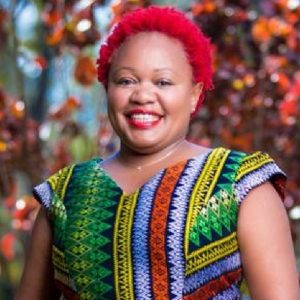
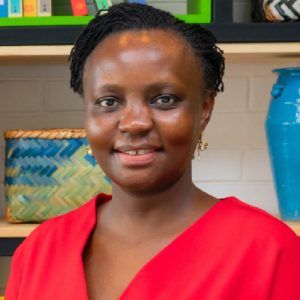 Janice Njoroge
Janice Njoroge